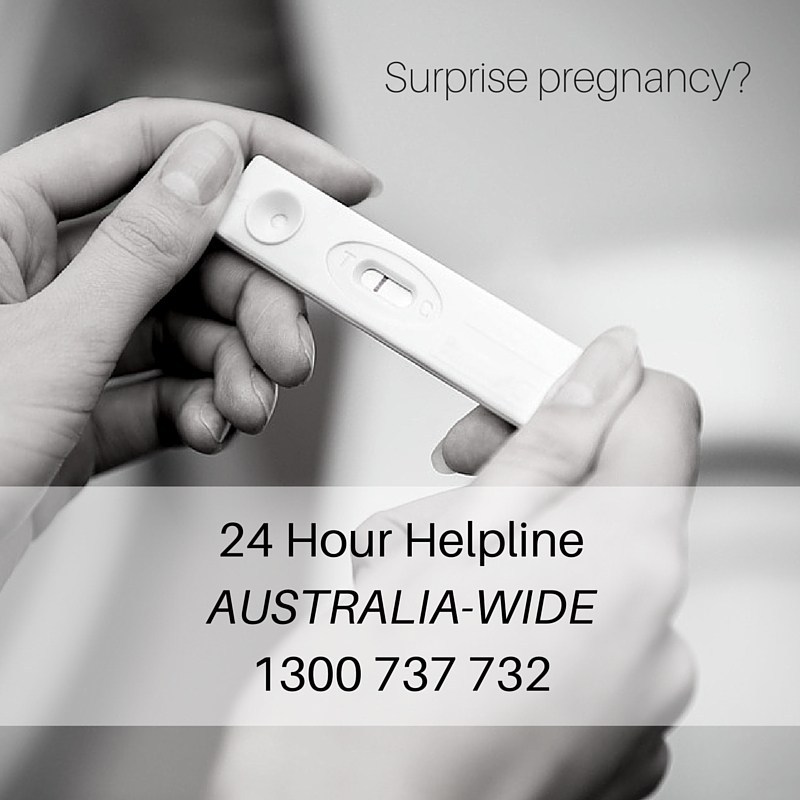Post-Abortion Grief: Part 1
This is the first part in a series by clinical counsellor, Anne Lastman.
Click here to read part II.
POST ABORTION GRIEF…… some facts.
© Anne Lastman July. 2012.
Post Abortion Syndrome, first proposed by Rue in 1981 as a variant of posttraumatic stress disorder, is today recognised as a result of the traumatic experience of having had an abortion and it having a deleterious effect for some women. (Ney, Fung, Wickett & Beaman-Dodd, 1994).
In a recent study by Major et al (2000), it was acknowledged by these researchers, that PAS was diagnosed in a sample population of women who’d had abortions in the immediate past two years. In a population like Australia where 90- 100,000 abortions annually carried out, (ABS) then this represents, over the last twenty years, a substantial number of women suffering PAS. In another study by Söderberg et al.(1998) the research group found that 60 % of the sample population of 854 women experienced some emotional distress, with 16 % so severe as to require psychiatric attention.
Henry David, and colleagues’ record 1981 study of 1.1 million Danish women, found that those who aborted were 53% more likely than delivering women to be admitted to a psychiatric facility. Further, women who aborted were more than twice as likely as women in the general public to be admitted to a psychiatric hospital. However, women who aborted and were separated, divorced, widowed were four times as likely to be admitted to a psychiatric hospital.
In a study by Major and colleagues (1994), which was published in the American Journal of Psychiatry, it was found that up to 10 percent of post abortive women were classified as having developed serious psychiatric complications. Additionally, Zolese and Blacker (1992) in their review of literature found that psychological disturbances occur in relation to abortion and appear marked, severe or persistent in approximately 10% of noted cases.
In 1994, the UK Parliamentary Commission of Inquiry into the effects of abortion on women found that 87% of women it surveyed had experienced some long-term emotional consequences and out of these 15% actually required psychological help.
Barnard, (1990) reported that 984 women were randomly selected for followup post their abortions: 60% gave wrong information to the abortion facility, so the sample available was of 40% of the abortive women. 3-5 years post abortion, 18 % of this sample met the full diagnostic criteria for Post Traumatic Stress Disorder, and of these, 46% displayed acute stress reactions to their abortions.
Abortion and Suicide.
The abortion-suicide connection has been in medical literature for approximately twenty five years and in a large study published in the British Medical Journal (1996) researchers found that the suicide rate after termination of pregnancy was three times the general population rate and six times higher than that associated with giving birth. “Suicides are more common after miscarriage and especially after an induced abortion than in the general population.” (pp 1431-1434). Miscarriages, later infertility, birth or death of significant others are known to be triggers for the onset of PAS.
In relation to the abortion-suicide connection reported in the Commonwealth Department of Human Services and Health, Youth Suicide Paper, it was noted that Ireland, which is currently listed as having the lowest abortion rate in 27 developed countries, also has the lowest reported suicide rate for females within the age ranges of 15-24.
David Reardon’ s study (1987) of over 100 women who suffered post-abortion trauma, found that 60% had experienced suicide ideation, 28% were attempters and 18% were multiple attempters.
Further, Campbell and colleagues (1988), Garfinkel and colleagues (1986) also found that suicide ideation was a strong component of post-abortion experience.
In a more recent study by Professor Priscilla K. Coleman and published in the British Journal of Psychiatry (2011) and which to date is one of the largest study on this topic undertaken, found 155% greater risk in attempting suicide and suicide ideation in those who had an abortion.
Clinical Depression
Clinical depression appears to have increased within our community and in a study by Reardon & Cougle (2002), reported in the British Medical Journal, it was found that women who abort a first pregnancy are at greater risk of developing long-term clinical depression, compared to women who carry through the pregnancy with even an unintended pregnancy.
Dr Anne Speckhard, (1987) in her study also found that the abortive women who participated in the study reported long-term grief reactions.
Her study found:
- 100% response to depression
- 92% to anger
- 92 % guilt
- 89 % fear of discovery
- 81 % pre occupation with the aborted child
- 81 % low self esteem
- 73 % suffered flashbacks
- 69% sexual dysfunction
- 65 % suicide ideation
- 61 % increased alcohol, substance intake.
Similar results were elicited by Reardon (1987) and Ney, & Wickett (1989).
The newest study by Priscilla K Coleman (2011) showed astonishing figures:
- 34% increase in anxiety disorders (e.g. panic attacks, OCD, bi polar, mood disorders)
- 37% greater risk of depression, sadness uncontrollable weeping, and loss of concentration
- 110% greater risk of substance abuses (alcohol) and the behaviours which come with this
- 220% increase risk of marijuana use/abuse and (I suspect other drugs of choice for use and abuse, including prescription drugs).
The Breast Cancer Link
In what is an alarming development, it now appears that the abortion-breast cancer link has been in medical literature for at least 45 years, with a more recent meta analysis (Brind, Chinchilli, Severs, Summy-Long, 1996; Daling et al 1994) of all worldwide data spanning three continents, implicating abortion as a significant independent risk factor in developing early breast cancer. The findings of the meta analysis demonstrate that abortion is found to be a causal factor in the development of breast cancer with a statistically significant 30% increase in those exposed to induced abortion. More alarming is the finding that some studies within the meta analysis showed an increased risk of up to 80 % in women who have a family history of breast cancer.
Click here to read Part 2, which includes a full list of references.
Anne Lastman is a qualified sexual abuse and post abortion grief counsellor with two decades of experience. She is based in Melbourne, Australia and actively studies and counsels men and women affected by their experiences with both abortion and sexual abuse, as well as lecturing internationally on these topics.
You can read more about Anne’s work here at her website, Victims of Abortion.


